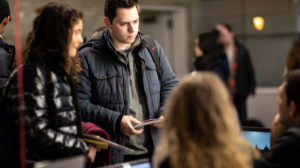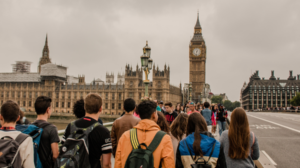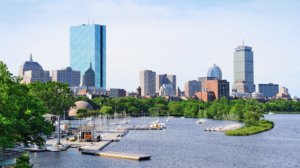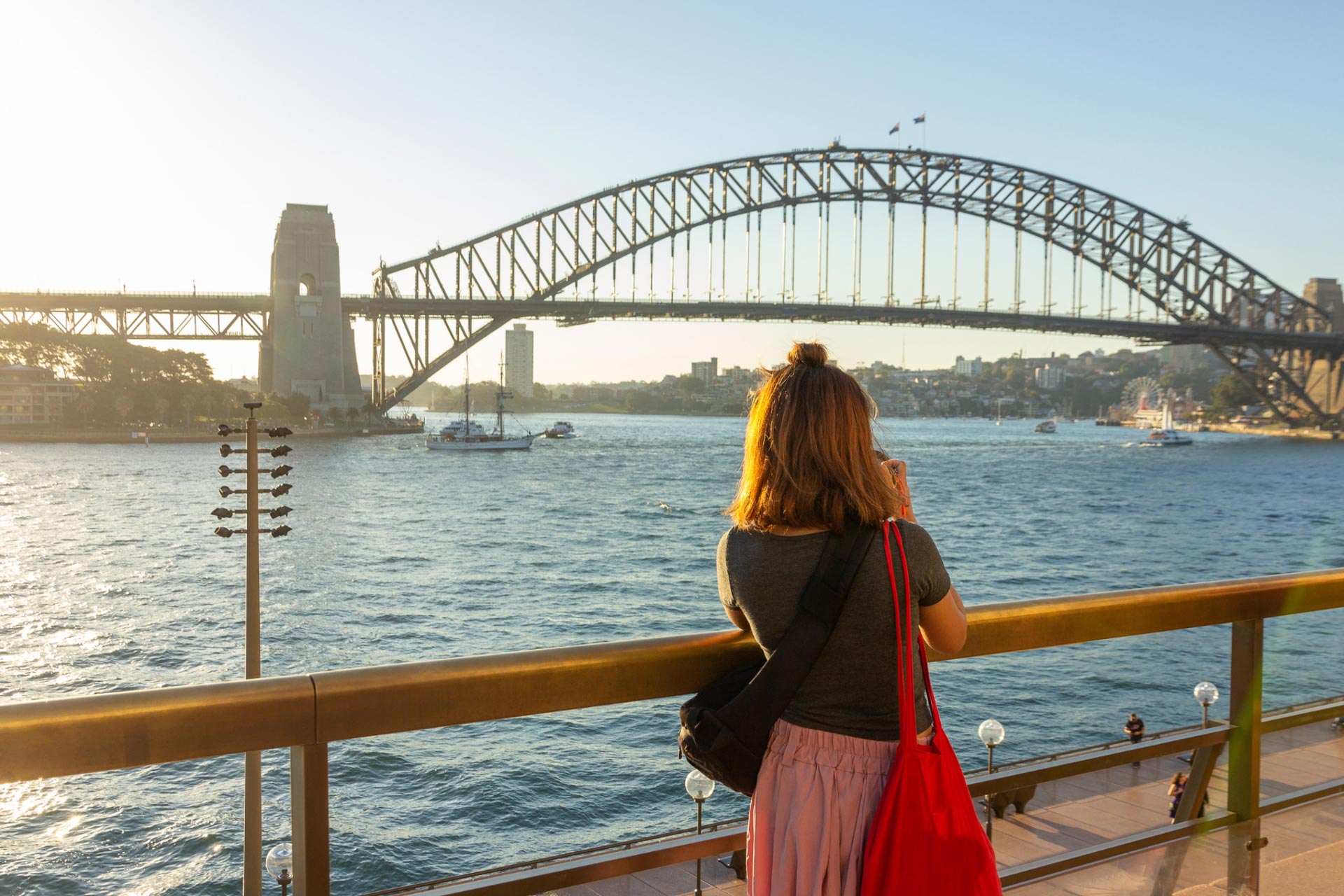New York. Tokyo. Paris. Dubai. Sydney. Not much unites these places except that they’re all huge, have tons of people living in them, and – oh yeah, they’re wicked expensive to live in. Before I came to the University of Sydney for my term abroad, I was living in Ulaanbaatar, Mongolia for a global co-op. Now, Ulaanbaatar is without a doubt the most expensive place to live in Mongolia, and the largest city by an incredible margin. But compared to what I was used to, it was dirt cheap. A huge plate of food at a decent restaurant would cost about 10,000 MNT (Mongolian Tugrik) or 4 USD. I was living large! Eating out three times a day, buying fancy souvenirs, taking a taxi whenever I wanted to get somewhere, I felt like an absolute king – a high that I rode for the duration of the six months I spent there. Between Mongolia and Australia, I spent a little time traveling and a little time at home, readjusting to the prices I’ve come to see as the “standard.” I wasn’t living quite so regally anymore, but I felt comfortable with my situation. Then my plane landed in Sydney.
Before I came here, I had done a lot of research on the cost of living and I thought I was prepared. Every Aussie I ever met had warned me that Sydney was an endless void into which I would gradually empty my wallet. So I budgeted harshly, saved enough money to last me the four months that I would be here, and when the time finally came to start life here, I found that no amount of preparation could have saved my bank account. Suddenly I was spending $4 on a bottle of water, $5 on a muffin, $6 for some seriously mediocre sliced cheese from the grocery store. Now, when you translate those prices from AUD to USD, they seem a bit more reasonable, but as someone who grew up in rural New Hampshire, I was still more or less flabbergasted. It didn’t help that I had no income either. Even when I had lived in Boston, I had a work-study job I could rely on for extra cash and I never came so close to being completely broke as I have in Sydney. I tried to find work, applied to probably 20-25 different jobs, and never heard back from one of them.
Don’t make the same mistakes I did. If you’re coming to Sydney or any other expensive city without some endless supply of currency, there are a few precautions you should take to make sure you stay afloat.
The first and most important thing is to figure out your accommodation as early as possible. I opted to stay in Urbanest housing, which costs me about 880 USD per month – cheaper than most places in Sydney, but I could have done better. When I started making friends here, I learned that most of them were not much further from the university than I was, living in a flat at least twice the size of my shared studio, and paying up to $200 less per month than I was. If you do a study abroad with the University of Sydney, your advisor will share with you a few recommended options for housing, which they’ll help you to arrange. This does not mean that you aren’t allowed to find your own! I ended up going with the cheapest recommended housing available, but I could have done better, had I done just a tiny bit more research. Sure, maybe I’d have to walk fifteen minutes to class instead of five, but it would have been worth it for just a little more monetary cushioning.
The second thing you have to do is to know your lifestyle and budget accordingly for it. The only thing that any of us really need is food and shelter, so if you can just budget for those two things and save the rest of your money, great. But that won’t leave you with very much freedom. I knew that I was going to want to spend on more than just rent and groceries, so I planned out a bit of extra money every month for miscellaneous stuff. I’m usually pretty frugal, so I didn’t budget all that much, but everyone is different, and if you know you’re going to want to hit the clubs every Friday night, you need to be honest with yourself about how much that’s going to cost you and whether you can afford it.
Finally, learn to make some sacrifices. Typically in Boston, I have a bit of extra money to spend from my work-study job, which allows me to buy nice ingredients from the supermarket and make lots of fun, different meals every week. Here in Sydney, I can’t afford to have a stuffed fridge all of the time so my meals have to be a little simpler than I’d like. Sometimes it sucks to eat the same thing three or four nights in a row, but it’s a lot better than starving because you spent your whole food budget last week on that triple-decker strawberry cheesecake that you and your buddies ate in ten minutes. So before you head into Woolworth’s to spend $150 on groceries, consider if you should maybe head to the Aldi down the street instead (seriously though, go to Aldi, it’s so much cheaper). If you know where to look, you can make a delicious dinner for $3 or less, even in the world’s most expensive cities.
If you can afford to live like a king in Sydney, by all means, go ahead and do it! It’s a wonderful, beautiful city, and it’s easy to see why so many people want to live here. But if you’re more of a traditional, ramen-eating type like me, just remember to be careful with your money and you should make it out alright. Studying abroad can be an incredible experience even if you don’t bring back three suitcases full of souvenirs!










